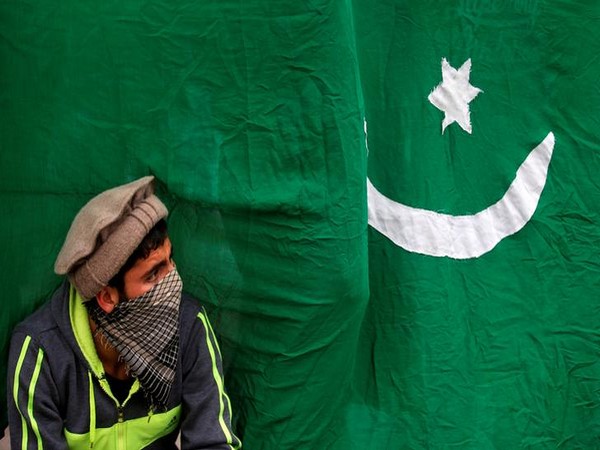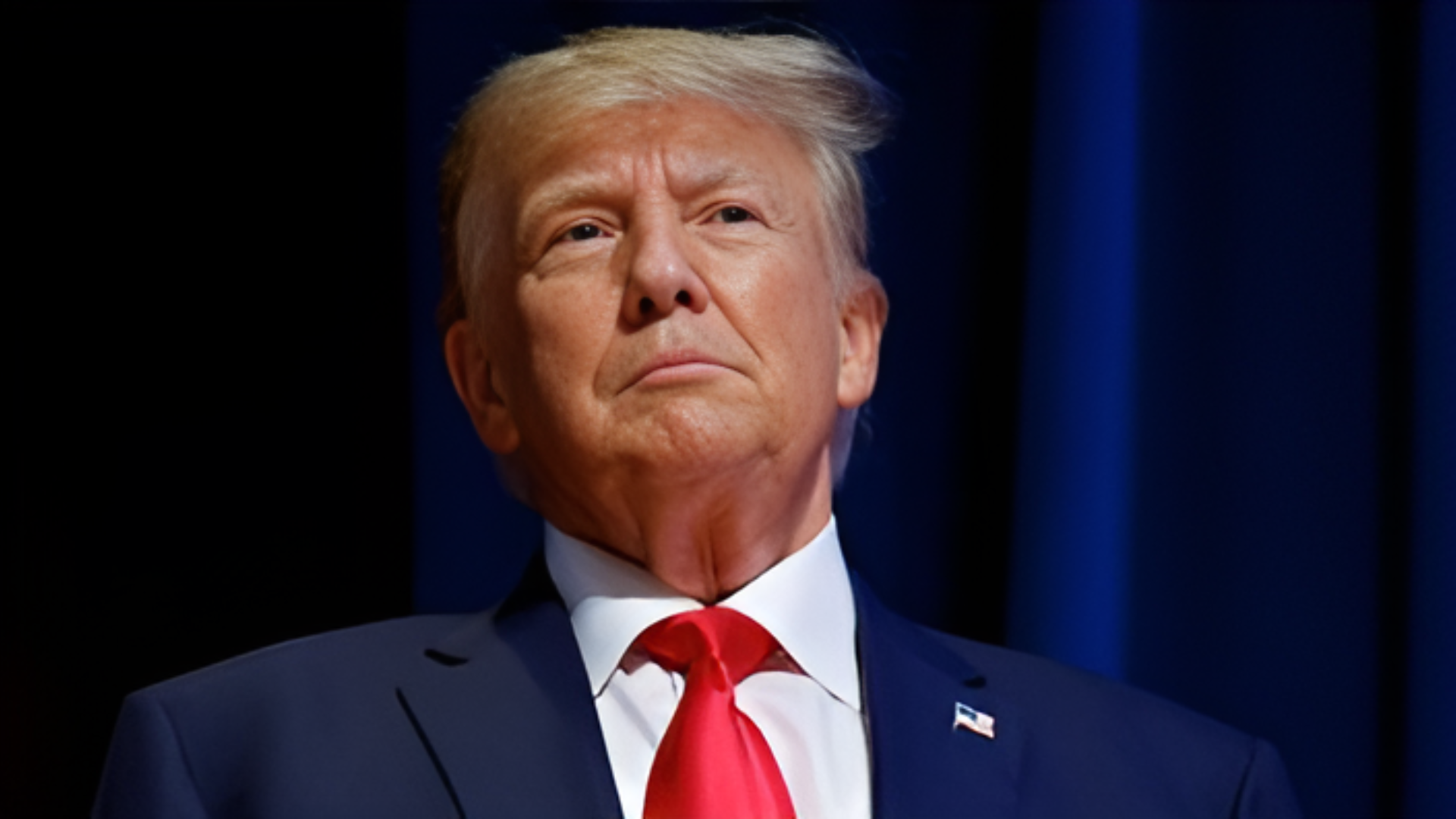As the Indian stock market resumed trading after a two-day holiday, the aftermath of Iran’s attack on Israel reverberated through the financial world. The 30-share S&P BSE Sensex index witnessed a significant decline, opening at 73,281.65, marking a drop of 929.74 points. Similarly, the Nifty50 index opened in the red at 22,339.05, down by 180.35 points or 0.80 per cent.
The Nifty Midcap100 index and the Nifty Smallcap100 index also experienced sharp declines, plummeting by 1.84 per cent and 2.50 per cent respectively around 9:30 AM.
However, amidst the general decline, there were some exceptions. Notably, shares of Tata Consultancy Services (TCS) defied the trend, rising by 1.5 per cent to trade around Rs 4,064 apiece on the National Stock Exchange (NSE).
During the pre-opening session, the Sensex continued its downward trend, trading at 73,281.65, a decline of 929.74 points or 1.25 per cent. Concurrently, the Nifty50 index also traded in the negative territory at 22,339.05, down by 180.35 points or 0.80 per cent.
Among the top losers in the Sensex were Tata Motors (-2.62%), Tata Steel (-2.48%), Power Grid (-1.87%), JSW Steel (-1.64%), NTPC (-1.96%), and State Bank of India (SBIN) (-1.91%). On the other hand, TCS (0.39%) and Nestle (0.55%) emerged as the top gainers in the morning session.
Reflecting on previous market movements, on April 15th, the GIFT Nifty traded at 22,470.50 as of 8:04 a.m. IST, indicating a potential opening below Friday’s close of 22,519.40. On April 12th, both the Sensex and Nifty witnessed a decline of 1 percent. The Nifty 50 saw a decrease of 234.40 points or 1.03% to close at 22,519.40, while the BSE Sensex retreated by 800 points or 1.08% to end at 74,244.90.
The fluctuations in the stock market reflect the sensitivity of global events and underline the importance of monitoring geopolitical developments for investors worldwide. As tensions persist, market participants remain vigilant, adapting their strategies to navigate the evolving landscape of international affairs.


















